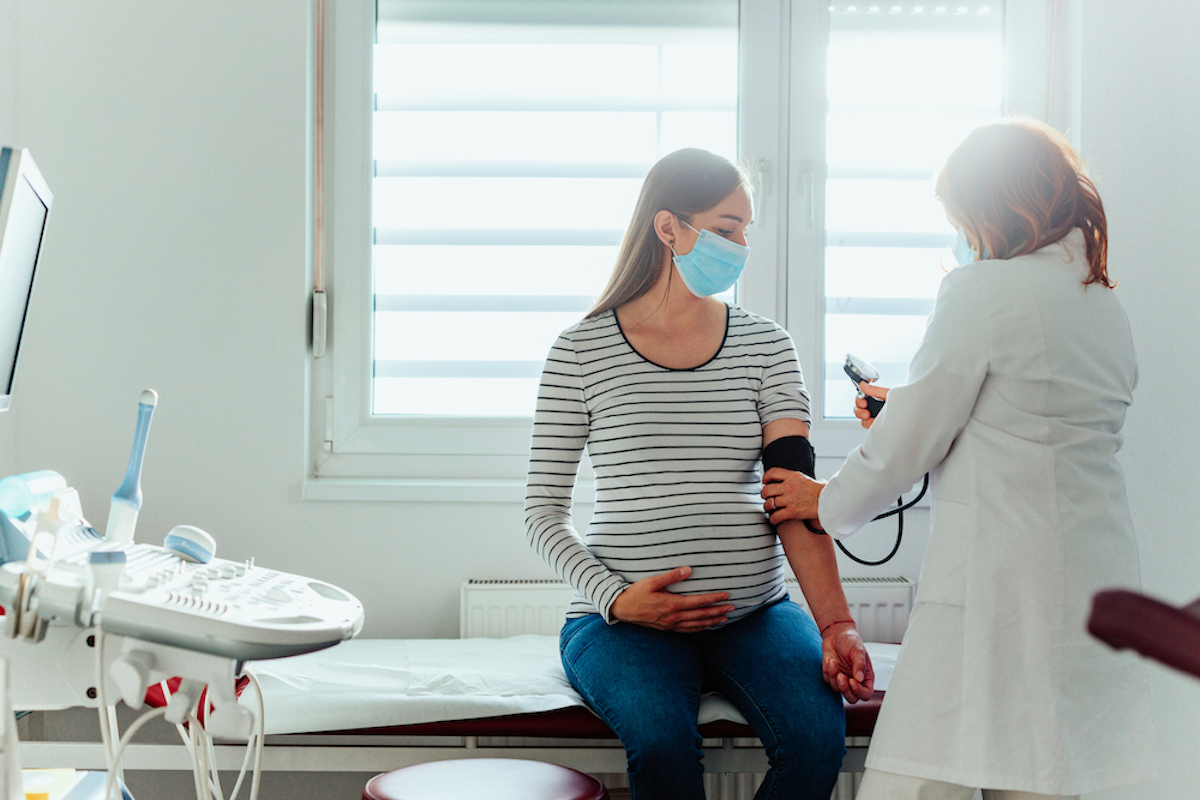In Expecting Better I review in detail the data on coffee in pregnancy, and discuss the evidence for links with variables like miscarriage and preterm birth. In the case of caffeine in pregnancy the most commonly articulated fear is an elevated risk of miscarriage. I go through, carefully, the fact that it’s very hard to separate causality from correlation here.
Women who drink coffee are more likely to smoke, and tend to be older — both of these are risks for miscarriage, preterm birth and other complications. I also discuss the relationship between nausea, coffee and miscarriage. Women who are nauseous are somewhat less likely to miscarry, but also less likely to drink coffee, generating a correlation here.
In the end, the book argues that the most reliable evidence says some coffee is fine, up to 2 to 3 cups a day, and that evidence is more mixed when you start talking about 5, 6, 8 cups per day. Although Expecting Better is perhaps more relaxed on this than others, it is worth noting that nearly all official bodies (ACOG, the WHO) suggest that some caffeine is fine in moderation. And, probably for these reasons, a lot of women do drink some coffee in pregnancy.
So it is not surprising that my inbox filled in the last couple of days with news reports on this study, which says that any amount of coffee in pregnancy is dangerous and can lead to miscarriage, stillbirth, childhood cancer, etc, etc. The language in the study is surprisingly strong for an academic review. It says things like: “The substantial majority finding from observational studies and meta-analyses is that maternal caffeine consumption is reliably associated with major negative pregnancy outcomes.” Usually I complain about sensational media coverage of findings which are stated in a nuanced way, but here I would say the media has been remarkably restrained given the paper statements.
The thing is this paper is not very good (in my opinion, which is what you get if you read this newsletter). Let’s start with the most obvious point: there is no new evidence here. This paper is a review of existing evidence. It’s not even a formal meta-analysis which tries to average across studies, it’s more of a discussion. Sometimes people call this a “narrative review”.
Second, nearly all of the papers that are summarized in this review have the problems I cited above, of inability to control for other variables. They say things in the abstracts like “Control for confounders such as maternal age, smoking, and ethanol use was not possible.” The review makes little to no attempt to distinguish between papers which were able to address confounding to some extent and those which were not.
In addition, the paper over-states the conclusions of at least some of the studies. For example, in support of the claim that no amount of coffee is safe, the paper includes an entire table on this study, which itself concludes: “There is therefore insufficient evidence to support further reductions in the maximum recommended intake of caffeine, but maintenance of current recommendations is a wise precaution.” Basically, the original study says some coffee is fine.
In some cases, there are just errors. The author includes this study as evidence of a link between caffeine consumption and miscarriage, neglecting to mention that this is a study of pre-pregnancy consumption and finds increased risk only about 4 cups a day (I cannot quite tell what to make of this particular study but that’s for another day).
Basically, this is all to say that this paper feels very weak to me. It doesn’t provide new data, and it overstates or misstates the conclusions from the papers it includes. Honestly, please do not think about this paper any more.


















Log in